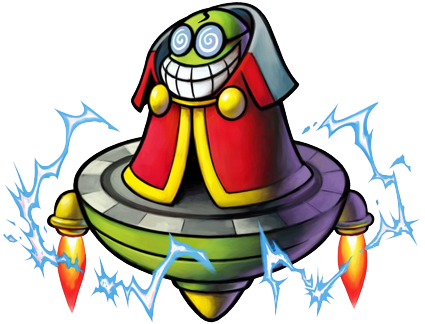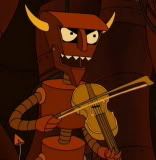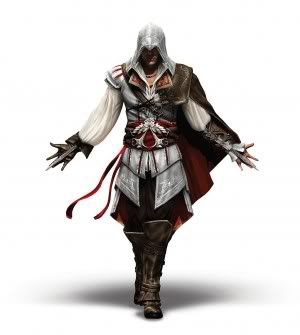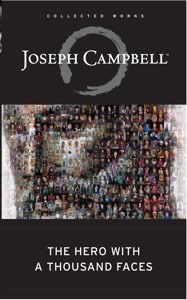
Let’s face it. Fiction is a planned endeavor. The best works are ones that are plotted out from first act to last, from beginning to end. They have structure, flow and purpose. Some even have a message to deliver along with a story to tell.
But when that message is tied to an anvil dropped on the audience, or the story is delivered with gaudy wrapping paper surrounding a poorly-constructed product, the whole thing suffers. You can have all of the CGI in the world in your film but if there’s no coherence to the narrative or depth to the characters, all you have is a bunch of CGI. People can get that by logging into World of Warcraft. Or Grand Theft Auto. Or Second Life.
I’m going to use a key example in all of this. Since this weekend turned out to be something of a success in terms of experimentation, even if it kept me from doing things like going outside or spending time with loved ones or smelling like a human being instead of a pile of rage and shattered dreams, let’s use Star Wars Episode 2: Attack of the Lame Title Talentless Hack Fanboys Clones.
Contrivance is Bad Writing

Plain and simple. If you write a scene that’s intended to be heartfelt, or romantic, or tragic there’s a very basic rule you need to follow. Show, don’t tell. If you can show characters being in love, or caring about one another, the audience will understand what’s going on without having to be told, and what’s more, there’s a much greater chance they’ll actually care about what’s happening. Or, you could just have your characters sitting around talking about how they feel.
There’s a right and a wrong way to show people’s emotions, too. Is it really that hard to weave emotional undercurrents into plot-salient actions and dialog? You don’t need to draw out a scene of two young people frolicking in a field with lilting, string-heavy music playing at fortissimo to show they’re so in love. You might as well be sitting in the wings with a bullhorn shouting, “THESE TWO ARE IN LOVE AND YOU SHOULD EMPATHIZE WITH THEM BECAUSE THEY’RE IN LOVE BECAUSE THEY SAY THEY ARE.”
“You can’t just have your characters announce how they feel! THAT MAKES ME FEEL ANGRY!”

Me too, Beelzebot. Me too.
Contrivance Defies Logic

Let me toss a hypothetical your way. Say you have a plot in which you need to deal with an idea you presented in a previous work. You also have a fan favorite character whose origins you want to explore. How do you work both of them into the same work at the same time?
First of all, why? Why is it necessary for one to have anything to do with the other? If you want to show that character X is a badass, fine. If you want to explain how cloning works, fair enough. But having every single fucking clone patterned on the same person who has the family name of a fan favorite character but about as much development as a patio umbrella and less depth than a teaspoon raises more questions than are likely to be held in the writer’s brain at any given moment.
You know, questions like: Why did they pick this jagoff to be the prime clone?
Why is he trying to assassinate some one in the Republic and fighting Jedi when his clones are going to be used to support both the Republic and the Jedi? Did he just not know? Did nobody tell him what his clones were for? Did he not think to ask?
Did anybody bother to think about this shit, let alone write it?
I paid ten bucks to watch THIS?
Contrivance Destroys Enjoyment

We enjoy stories. We like to read them, listen to them, watch them. We like to envision the action, let the characters grow, anticipate what happens next.
The problem with prequels in general and Lucas’ six hours of wanking onto a green screen in particular is that there’s really only one way for things to resolve. You need to get characters and situations into a certain configuration so the already established works make some sort of sense. Unless you’re going far, far into the past of your own universe – thank God for Knights of the Old Republic – if you don’t do things right you will outright ruin any enjoyment of said previous works.
I can’t think of a better example of this than Star Wars. Every time you see Darth Vader, every time you hear James Earl Jones rumble out his orders and declare the ‘promotion’ of another officer, you see and hear the whiny little psychopath pictured above. It’d be different if Anakin had been characterized as somewhat insecure but nonetheless good-hearted, concerned about the scope of his power and wanting nothing more than a happy, peaceful life.
But no, we got a self-centered, power-hungry, whining, disrespectful asshole.
He had to be with someone so he could have kids, so he’s set up with someone who could have been every bit as inspiring to women now as Princess Leia was back in A New Hope and Empire Strikes Back. You know, a confident, intelligent, competent and brave young woman who isn’t afraid to get her hands dirty but still knows how to look good and deal with people.
But no, we got a vacuous, empty, shallow, entirely underdeveloped plot convenience.
She has to leave the scene before the end of the last prequel, since Luke and Leia get separated for their safety by Obi-Wan and Bail Organa. How can we get this to happen? Does she make some kind of brave but stupid decision to make one last effort to reach the man she loves who is now lost in his own desire for justice that has been subverted and perverted by the Dark Side of the Force?
No. Just have her drop dead of a broken fucking heart. They might as well have said the midi-chlorians did it.
Mister Lucas? With all due respect for the pioneering you did in science fiction and special effects back when I was a little boy…
FUCK YOU.









